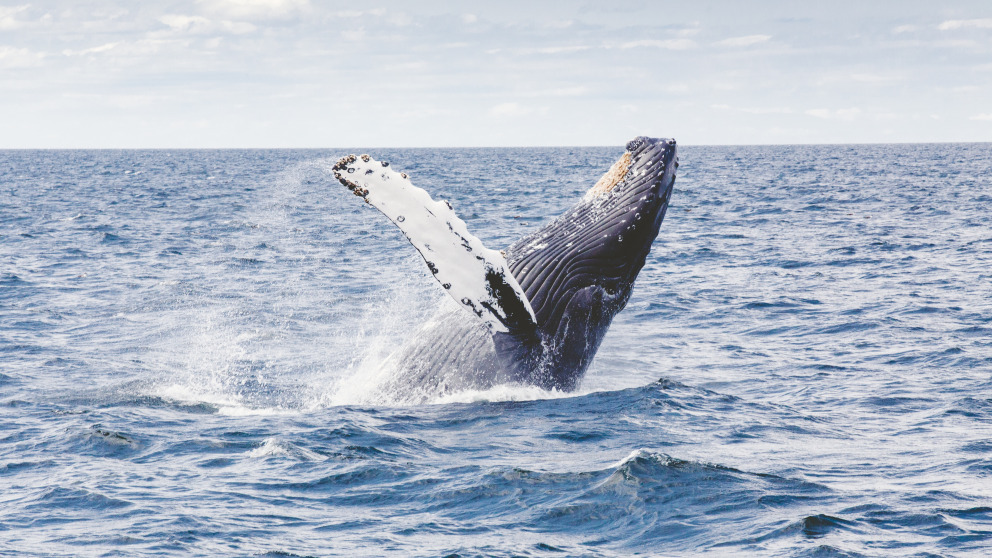Marine Biodiversity Conservation Agreement Must Factor in Adaptability to Ensure Resilience
12.08.2019
The next round of negotiations on a new legally binding instrument for biodiversity beyond national jurisdiction (BBNJ) will take place from 19 to 30 August 2019. How can the agreement be formulated to meet the challenges of a constantly changing environment? A new study makes concrete proposals for an agreement that includes resilience principles.

In their article, researchers Catherine Blanchard (University of Utrecht), Carole Durussel, and Ben Boteler (both IASS) define specific criteria for the resilience of the agreement. As Ben Boteler from the IASS explains, “Resilience refers to the capacity of a system to absorb and adapt to changes. It’s important to address the interconnectivity and interactions within the socio-ecological system in the treaty, for example, when considering climate change or moving fish populations. Governance approaches require sound legal principles to react to and address changing circumstances. A good agreement will factor in such considerations from the very start.”
The four criteria for resilience identified by the team of authors are:
- Flexibility to deal with changes: For a complex issue like marine governance there can be no one-size-fits-all solution. The agreement has to take account of ecological, economic, and societal interests that differ from case to case. This weighing up of different factors is already implied in the agreement’s dual objective – conservation and sustainable use. The monitoring and review mechanisms for the new agreement have yet to be clarified. The authors propose a model based on yearly meetings of a Conference of the Parties (COP). These meetings would be complemented by a scientific or technical body that would meet regularly to decide on specifics.
- Openness of institutions to broad participation: The involvement of a wide range of stakeholders – states, international and regional organisations, civil society actors, research institutes, businesses, and the inhabitants of particularly affected regions – will strengthen the capacity of the agreement to be adaptable and resilient to change. These stakeholders should be included early and at various stages of the decision-making process.
- Effectiveness of multi-level governance: Multi-level governance is par for the course on the high seas. For many years now, a variety of international and regional organisations with different authority have been promoting the conservation and sustainable use of the ocean. However, they do not always cooperate effectively. A resilient agreement needs to facilitate and strengthen cooperation between the different governance levels.
- Social structures that support learning and adaptability: As well as being grounded in sound research, the BBNJ agreement should have the capacity to absorb new scientific insights as they emerge. It should establish a repository for information and encourage the sharing and use of that information. With this in mind, the authors have proposed the creation of an online platform in addition to regular reviews and feedback loops.
The researchers believe that the draft agreement presented by the United Nations in June 2019 contains a number of good ideas, in particular the leeway it affords to states to adjust their commitments over time and the review mechanisms it proposes. They also acknowledge that the discussions have been characterised by a will to gather knowledge and learn from each other. But delegates now need to focus more on the enforcement of the agreement so that review mechanisms are adhered to, obligations fulfilled, and violations penalised.
Publication:
Blanchard, C., Durussel, C., Boteler, B., Socio-ecological resilience and the law: Exploring the adaptive capacity of the BBNJ agreement. Marine Policy Volume 108, October 2019, https://doi.org/10.1016/j.marpol.2019.103612.
The full text of the article is available online until 13 September 2019 and thereafter only to subscribers to the journal Marine Policy.

